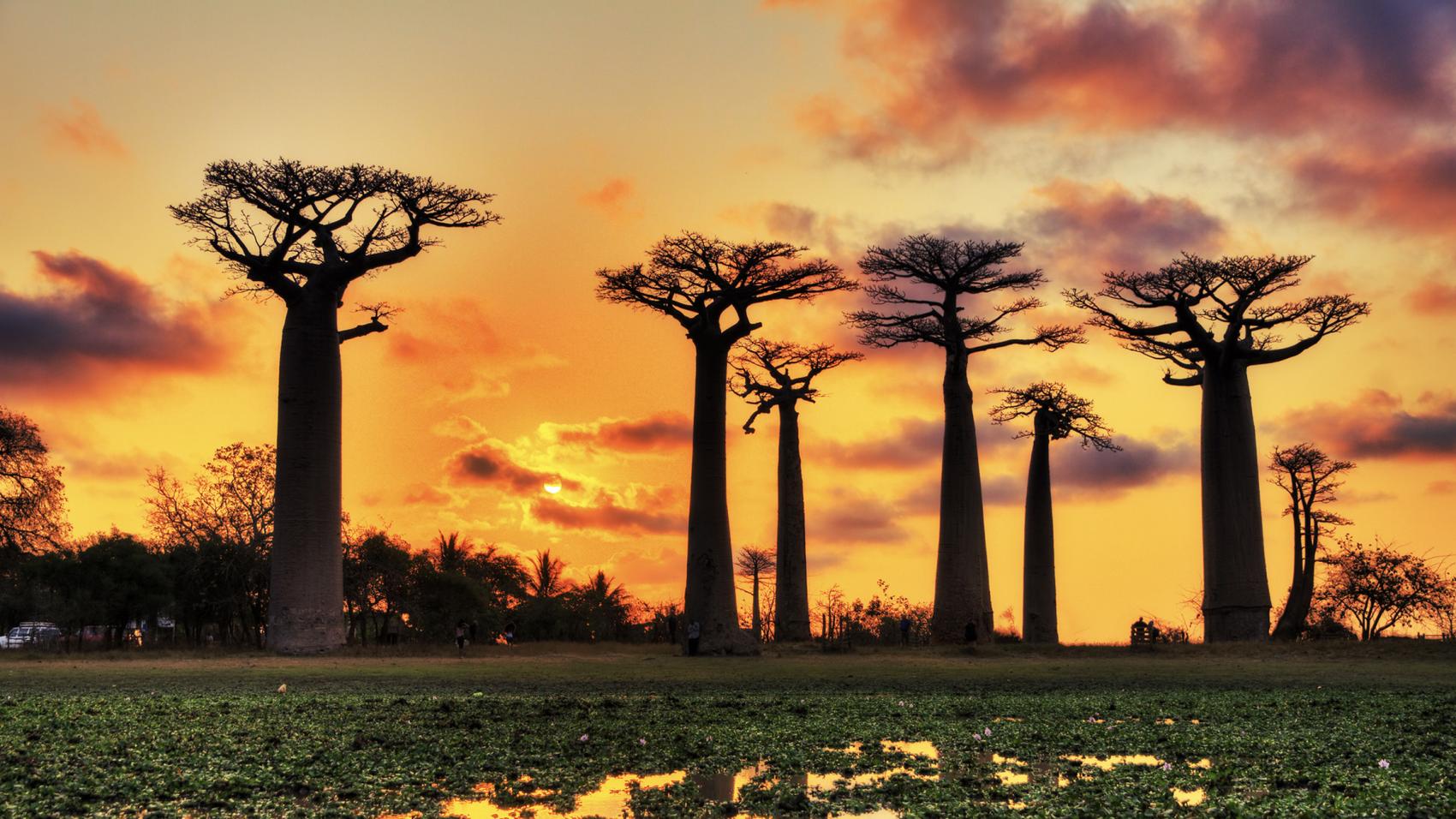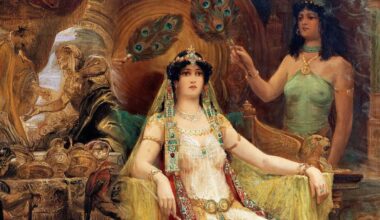Africa, the second-largest and second most populated continent after Asia, is an enigmatic land that has captivated the world with its rich history, diverse cultures, and breathtaking landscapes.
With over 11.7 million square miles of land and a population of 1.4 billion people, Africa has long been synonymous with home for its inhabitants.
However, the origin of the continent’s name remains a mystery, leading to questions about what Africa was called in ancient times and how it acquired its present identity.
The Ancient Name: Alkebulan, the Garden of Eden

According to the Kemetic or Alkebulan history of Afrika, the continent was originally known as Alkebulan. This ancient name holds significant meaning, translating to “the garden of Eden” or “the mother of mankind.” Alkebulan is the oldest word of indigenous origin associated with Africa, representing its historical heritage and deep roots.
The European Influence: From Alkebulan to Africa
The name Africa, as we know it today, came into existence in the late 17th century. Initially, it was used to refer only to the northern part of the continent. This transition from Alkebulan to Africa was heavily influenced by European colonization and the enslavement of Africans. The Europeans, who ruled over the continent as slave masters, played a pivotal role in shaping its identity. They replaced the indigenous name with Africa, a name of their own creation.
Other Names of Africa: Corphye, Ortegia, Libya, and Ethiopia
Before the European settlers arrived, Africa was known by various other names. These names include Corphye, Ortegia, Libya, and Ethiopia. Each name reflects different aspects of the continent’s history, geography, and cultural diversity. Moreover, the land of Ham, the mother of mankind, the garden of Eden, the dark or black continent, the Kingdom in the sky, and the land of Cush or Kesh (referring to the ancient Ethiopian Cushites) were among the other names used to describe Africa.
Theories on the Origin of the Name Africa

While the true origin of the name Africa remains unknown, several theories have been put forth to shed light on its etymology. Each theory provides a unique perspective on how this vast continent acquired its distinctive name.
- Roman Theory: Some scholars believe that the name Africa originated from the Romans. According to this theory, the Romans discovered a land opposite the Mediterranean and named it after the Berber tribe residing within the present-day Tunisia region. The tribe’s name was Afri, and the Romans bestowed the name Africa, signifying the land of the Afri.
- Weather Theory: Another theory suggests that the name Africa is derived from the continent’s climate. It is believed to be a derivation of the Greek word “aphrike,” meaning a land free from cold and horror. Alternatively, it could be linked to the Roman word “aprica,” which translates to sunny, or the Phoenician word “afar,” meaning dust.
- Geographical Theory: According to the geographical theory, the name Africa might have originated from Indian traders who entered the continent through the Horn of Africa. The Hindi word “apara,” meaning comes after, could have been used to describe a place to the west, geographically referring to Africa.
- Africus Theory: An intriguing theory claims that the name Africa is derived from Africus, a Yemenite chieftain who invaded the northern part of the continent in the second millennium BC. It is believed that Africus settled on the conquered land and named it Afrikyah, ultimately leading to the continent being named after him.
- Phoenician Theory: Another school of thought suggests that the name Africa is derived from two Phoenician words, “friqi” and “pharika,” which mean corns and fruits, respectively. Hypothetically, the Phoenicians christened the continent as the land of corns and fruits.
It is important to note that while these theories provide some insight into the origin of the name Africa, none can be definitively confirmed. The true source and meaning of the continent’s name remain elusive, shrouded in the mists of time.

The history and identity of Africa are complex and multifaceted, reflecting the diversity and richness of its people and cultures. While the name Africa holds great significance in the modern world, it is essential to acknowledge and appreciate the continent’s ancient roots and the various names it has been known by throughout history. Africa’s original name, Alkebulan, connects it to its historical heritage and serves as a reminder of its deep ties to the past.
In conclusion, Africa’s ancient name, Alkebulan, signifies its connection to the garden of Eden and the birthplace of humanity. The transition from Alkebulan to Africa was influenced by European colonization, leading to the adoption of a new name that has become synonymous with the continent. However, the true origin of the name Africa remains a subject of debate and speculation, with several theories offering different perspectives. Regardless of its name, Africa’s rich history, diverse cultures, and breathtaking landscapes continue to captivate the world and make it a truly remarkable and cherished part of our global heritage.







1 comment
Nice trend… Ethiopia is one of oldest Africa country I wish to visit..